
- Navratri 2017 begins on 21st September 2017
- Navratri marks the celebration nine auspicious days
- There are certain fasting rules that one must follow
1. Sama Rice or Swaang ke Chawal
You can make the same dishes with Sama rice or Swaang ke Chawal that regular rice like a wholesome pulao or a sinful kheer. It is not a grain, but is considered as a seed. Grains are not allowed during these Navratri fasts. You can make Sama ki Kheer, Sama ki Khichdi, Sam aka Dhokla and Sama ki Idli. You can even try a Sama Salad with your favourite vegetables.
2. Sabudana (tapioca)
This versatile ingredient can be used to make khichdi, kheer, chips and vada. You can eat the sabudana khichdi with curd and savour the chips and vada with coriander chutney.
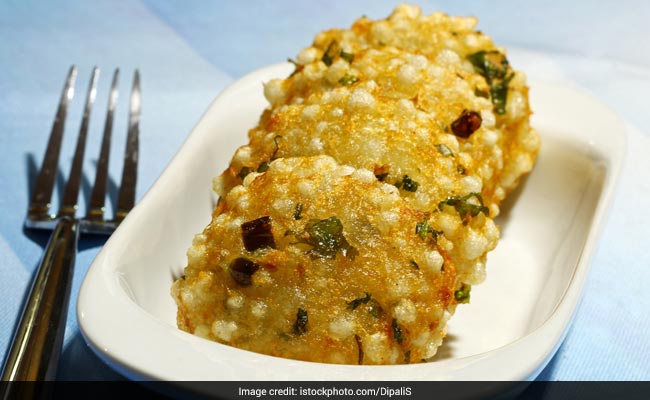 This versatile ingredient can be used to make khichdi, kheer, chips and vada
This versatile ingredient can be used to make khichdi, kheer, chips and vadaKuttu ka atta is the most popularly used ingredient during Navratri fasts. You can make Kuttu ki Puri, Kuttu ki Kachori, Kuttu ka Dosa, Kuttu ka Paratha and pakode. Kuttu tends to dry up your mouth quickly, so it recommended to complement these dishes with a bowl of curd.
4. Singhare Ka Atta
Singhare ka atta or chestnut flour can be used to make fluffy puris that go really well with vrat wale aloo. These puris will keep you full for a longer period and will keep you going through the day.
5. Potatoes
Potato is widely used during Navratri fasting. From dahi-aloo to aloo jeera sabzi with puri and so much more, it is a very versatile ingredient. You can try your hands on aloo kachodis and aloo tikkis too.
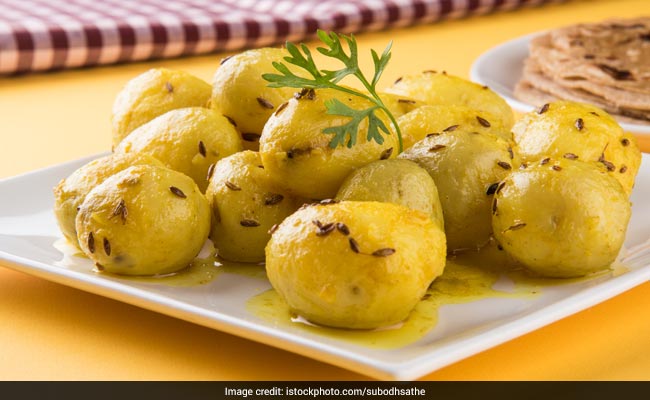
You cannot consume common salt during Navratri fasts and are advised to switch to sendha namak or rock salt in its pure form. So, any dish you make while fasting can have sendha namak in it. It has a more subtle taste than regular table salt.
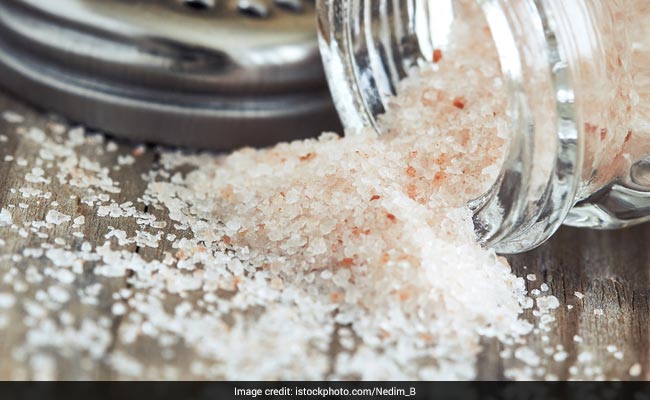 You cannot consume common salt during Navratri fasts
You cannot consume common salt during Navratri fasts Eat dry fruits like almond, cashew nuts and raisins and others or simply add them to your Navratri dishes for a rich and nutty flavour. Include them so that you don't lose out on the essential nutrients required for the day.
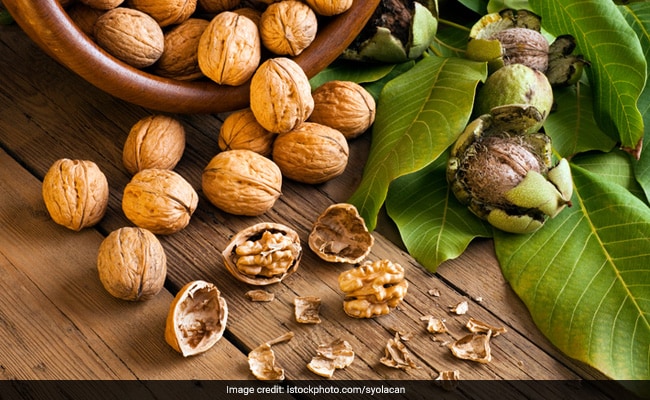 Eat dry fruits like walnuts and raisins and others or simply add them to your Navratri dishes
Eat dry fruits like walnuts and raisins and others or simply add them to your Navratri dishes Include fresh fruits in your fasting diet during Sharad Navratri. Fresh seasonal fruits will keep you rejuvenated . Toss all fruits in a bowl and make some fruit chaat for yourself. Don't forget to add some lime juice and rock salt to it.
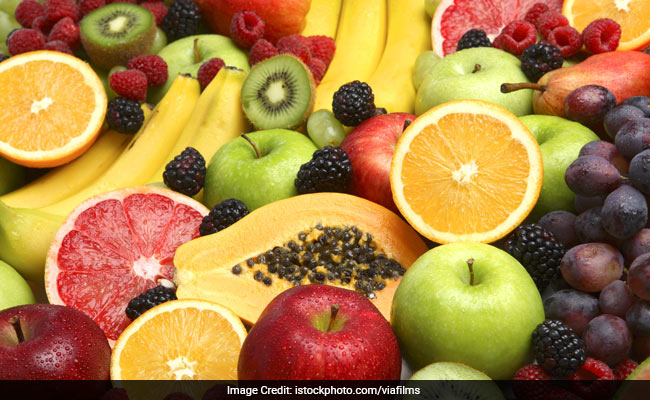 Include fresh fruits in your fasting diet during Sharad Navratri
Include fresh fruits in your fasting diet during Sharad NavratriA glass of milk every day during Navratri should be a must in your fasting diet. You can also add curd as an accompaniment with kachori, puri or khichdi. Paneer or cottage is also a good option to keep your energy levels up.
10. Tea and Coffee
Beverages like tea and coffee can be sipped. But make sure you don't drink more than 2-3 cups a day as it may cause acidity and other stomach issues.
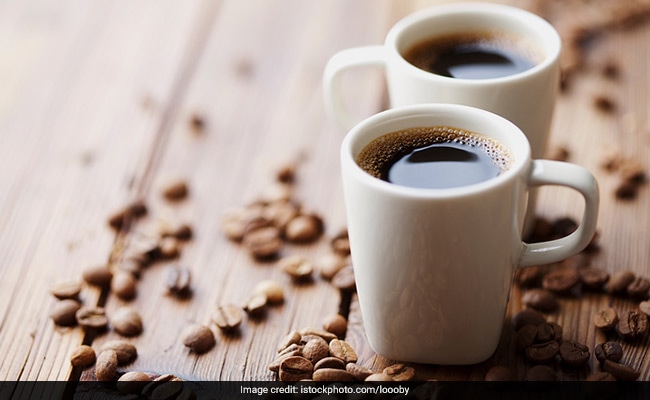 Beverages like tea and coffee can be sipped during Navratri
Beverages like tea and coffee can be sipped during Navratri
Track Latest News Live on NDTV.com and get news updates from India and around the world

